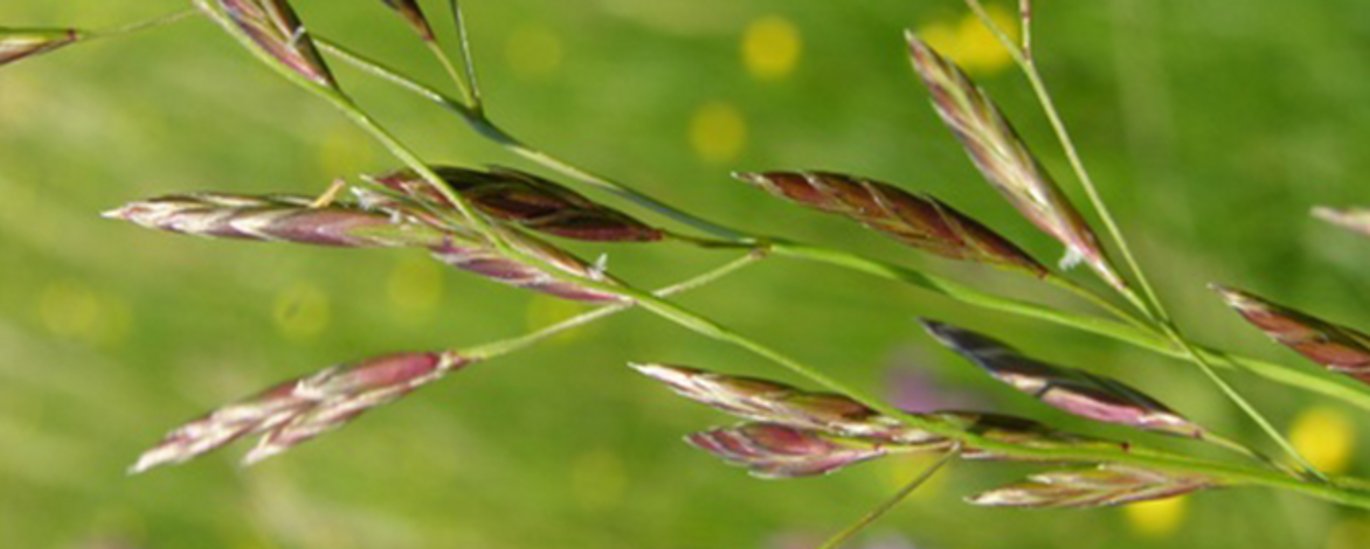New breeding strategy to increase the export of Danish grasses
The best properties from three well-known grasses will be united in new grass varieties. With significantly enhanced performance and high robustness, such grasses will pave the way for Danish export of new varieties that are prepared for future climate and the demand for more biomass.

The global crop production is both facing new opportunities but also great challenges: the demand for biomass for both feed and energy is growing, and from grass, large amounts can be obtained for all sectors. At the same time, an environment undergoing rapid changes results in more frequently devastating events such as prolonged droughts, violent and sudden downpours or longer periods with flooded fields.
To meet both opportunities and challenges, the researchers in the Breed4Biomass project will through new breeding techniques combine the best properties in terms of the robustness of the meadow fescue, the high yield of the annual ryegrass and the high quality of the perennial ryegrass for a new grass variety. This will pave the way for a higher and safer production and better earnings for farmers as well as the Danish seed growers and expand the market for Danish grasses both within and outside the EU.
Researchers will establish a new breeding technique using the following three technologies:
- genome-based prediction of which breeding lines combine the best
- reverse breeding that create hybrids where specific chromosomes originate from either one or the other parent plant in their original form and that can be bred further
- genomic selection, where yield, quality and robustness can be predicted from a DNA test.
- First of all, the project's results will provide a basis for significant breeding progress in each of the three grass species, and furthermore, with the new strategy, we will try to make a completely new type of breeding that will provide solutions to the challenges and opportunities the future holds, says Christian Sig Jensen, Head of Biotechnology for the seed company DLF.
- For DLF, it is very important to be part of this cutting-edge research, which is only possible because the best people are on board, and because it is supported by the Innovation Fund Denmark.
Reverse breeding has never been tested in grasses before. Therefore, the researchers have teamed up with one of the world's leading experts in making specific mutations in plants, Professor Caixia Gao, Chinese Academy of Science, Beijing, to generate the hybrids.
Torben Asp, who is the leader of project, will together with other researchers at the Department of Molecular Biology and Genetics at Aarhus University in Denmark develop genomic models that can predict the potential of a crossbreeding between two species based on DNA testing. The department is already known for its pioneering research on genomic selection.
DLF, the world's largest producer of grass and clover seeds, contribute with plant material, crossbred plants, field trials and laboratory tests, and will later be responsible for sales and exports of the new grass varieties.
Participants in the Breed4Biomass - Reverse Breeding for Biomass Improvement in Grasses - project:
- Aarhus University, Section for Crop Genetics and Biotechnology, Flakkebjerg. Senior Researcher Torben Asp
- Aarhus University, Center for Quantitative Genetics and Genomics (QGG), Senior Researcher Luc Janss
- DLF Research Division, Head of Biotechnology Christian Sig Jensen
- Chinese Academy of Sciences, State Key Laboratory of Plant Cell and Chromosome Engineering, Beijing, Professor Caixia Gao
Grant from the Innovation Fund Denmark: DKK 11 million.
Total budget: DKK 16 million. Granting period: five years.
For further information, please contact
Senior Researcher Torben Asp
Department of Molecular Biology and Genetics
Aarhus University, Denmark
email: torben.asp@mbg.au.dk, telephone: +45 8715 8243
